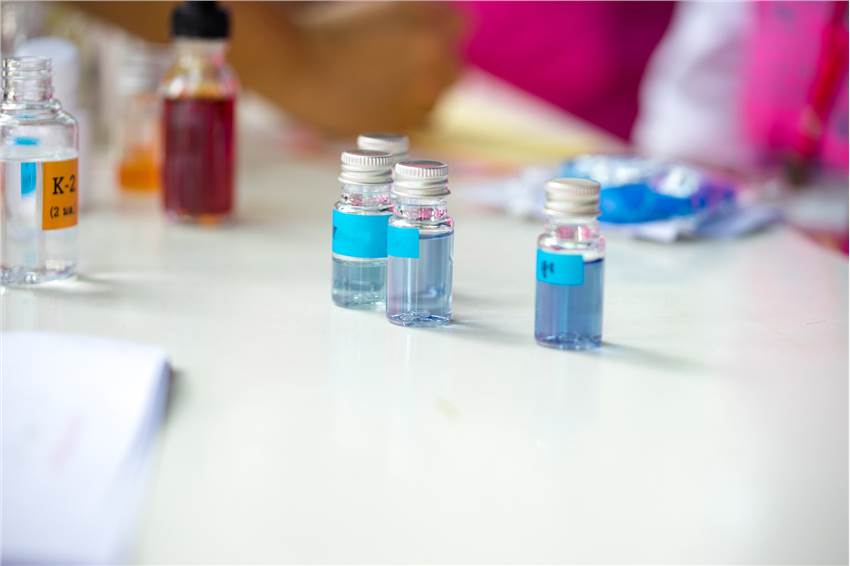Toxicology services can determine the hazards of pesticide exposure, so studies to measure and quantify the effects of exposure must be conducted. For a quantitative assessment of the risk of pesticides, repeated dose toxicity studies are crucial.
These studies offer details on the features of toxicity in general, toxicity to particular target organs, dose-response relationships, reactions to toxic metabolites produced in the body, delayed reactions, cumulative effects, and information on whether or not effects are reversible.
Our company has extensive experience in repeat dose study design. Customers can rely on our professional pesticide repeat dose toxicity testing services for organophosphorus insecticides, organoglycolic insecticides, diamide insecticides and other pesticide products.

Repeated Dose Toxicity Test Overview
Our company uses repeated administration toxicity tests to study the adverse toxicological effects that occur with repeated daily administration or exposure to a substance for a specified period of time, up to the life expectancy of the test species. Effects include changes in morphology, physiology, growth or longevity, clinical chemistry, and behavior.
We can obtain a no-observed-adverse-effect level (NOAEL) or a lowest-observed-adverse-effect level (LOAEL) from repeated dose toxicity studies.
NOAELs are used not only to determine the hazard classification of a chemical for specific target organ system toxicity, but also to derive threshold safe exposure doses to humans, such as derived no-effect levels (DNELs), occupational exposure limits (OELs), and acceptable daily intakes (ADIs).
Test Range
Organophosphorus insecticide, organophosphorus insecticide, diamide insecticide, neonicotinoid insecticide, carbamate pesticide, organic gas pesticide, benzoyl gland insecticide, pyrethroid pesticide, inorganic insecticide, biogenic insecticide, organic sulfur pesticide, pyrrole pesticide, fungicide, triazole fungicide, moringa fungicide, paclobutrazol, dimethoate, paraquat, quinclorac, isoxaflutole, gramophone, high-efficiency cover grass energy, plant growth regulator, etc.

Pesticide Safety Evaluation Solutions
The following are available from Our company's repeated dose toxicity testing service.
Pesticide Short-term Repeated Dose Toxicity Test (28 days)
We offer a variety of short-term repeated dose toxicity tests for pesticide toxicology applications, including short-term repeated oral toxicity tests for pesticides, short-term repeated transdermal toxicity tests for pesticides, and short-term repeated inhalation toxicity tests for pesticides.
For more information, please click below.
Pesticide Sub-chronic Toxicity Test (90 days)
Subchronic toxicity of pesticides refers to the toxic effects that occur when experimental animals are exposed to larger doses of pesticides for multiple consecutive days.
Our company provides subchronic toxicity tests to explore the threshold dose or concentration of subchronic toxicity and the dose level at which toxic effects are not observed during the subchronic test and to find exposure doses and observation indicators for the chronic test.
- Test animals: Rats, white rabbits, and guinea pigs.
For more information, please click Sub-chronic Toxicity Test.
Pesticide Chronic Toxicity Test
Our company offers chronic toxicity tests to study the toxicity of pesticide samples to organisms at low doses over a long period of time. The duration of contamination is greater than 6 months.
- Test animals: Healthy mice and rats.
For more information, please click Chronic Toxicity Test.
If you are looking for the best solution in the field of pesticide toxicology research, please feel free to contact us.
Related Solutions
It should be noted that our service is only used for research, not for clinical use.


